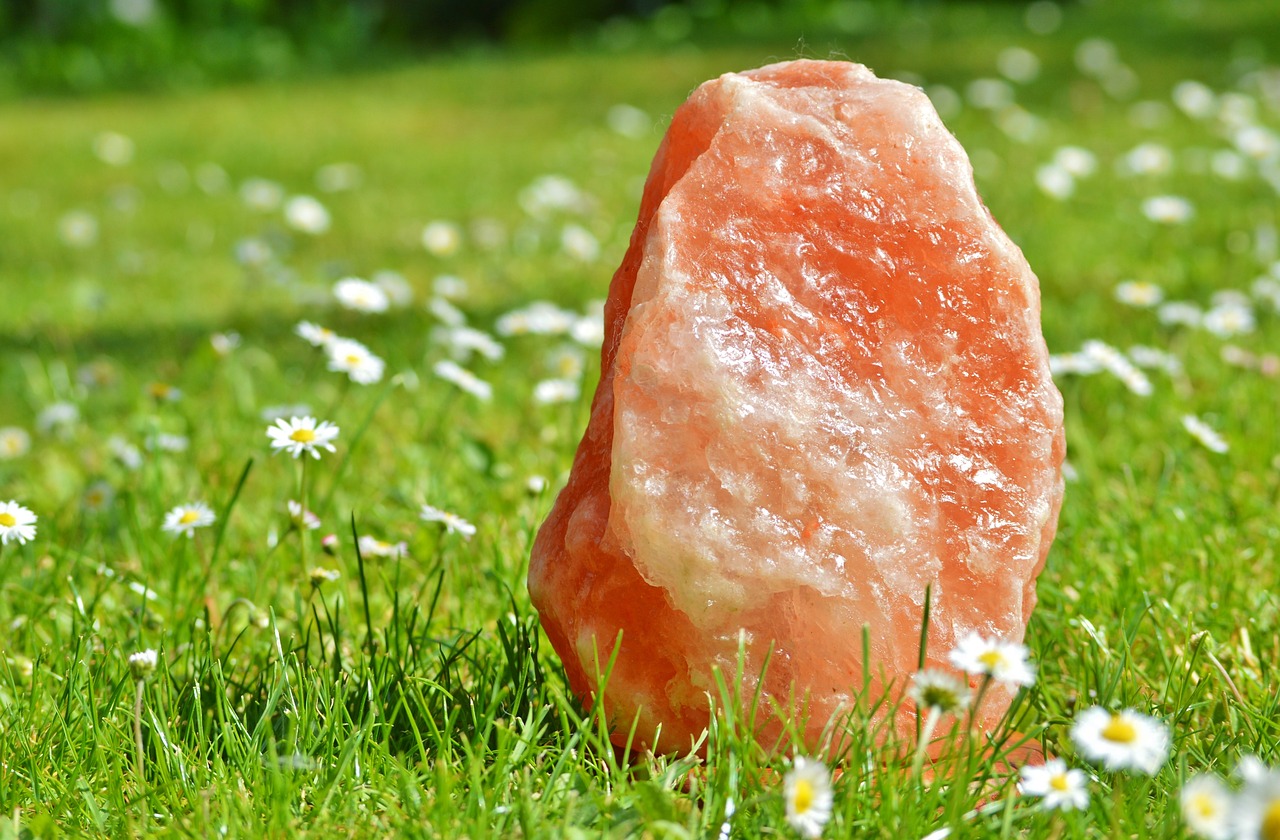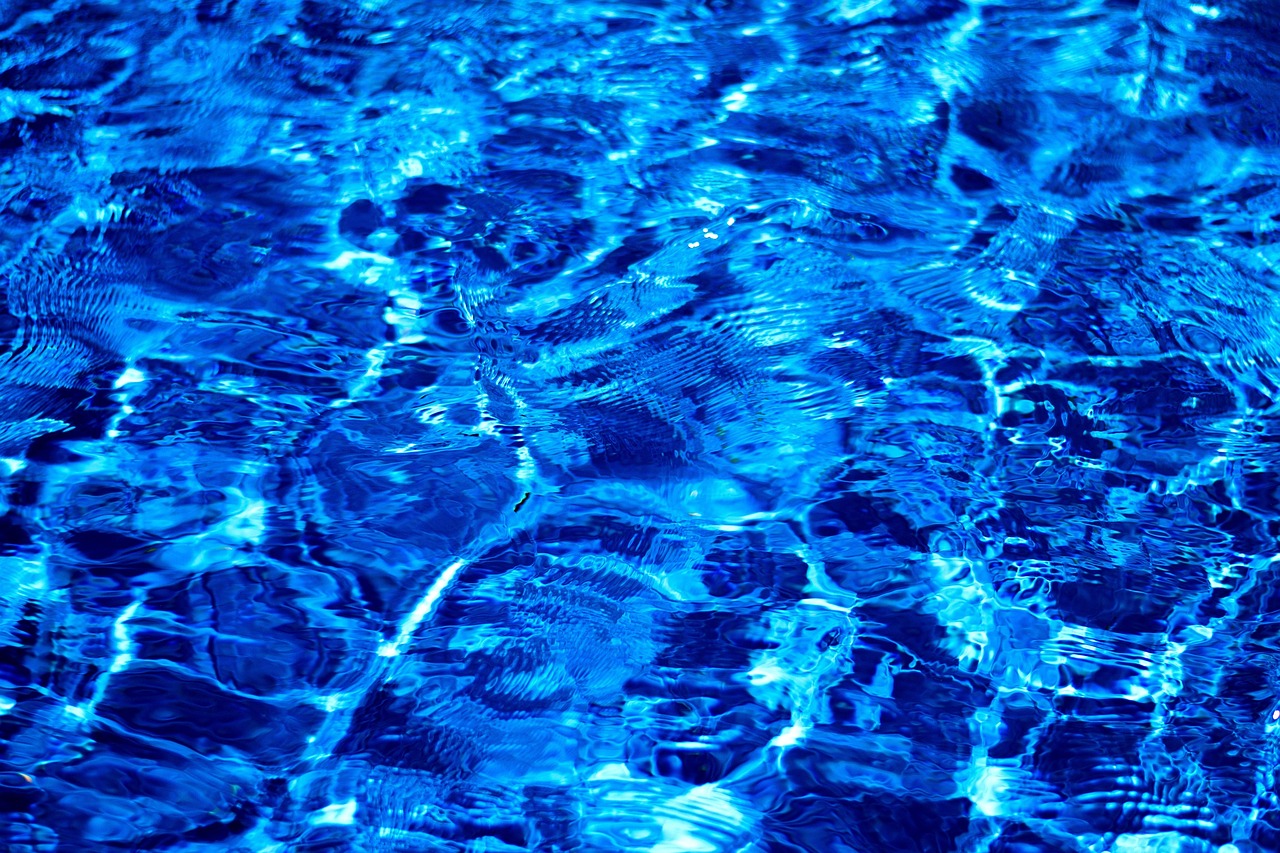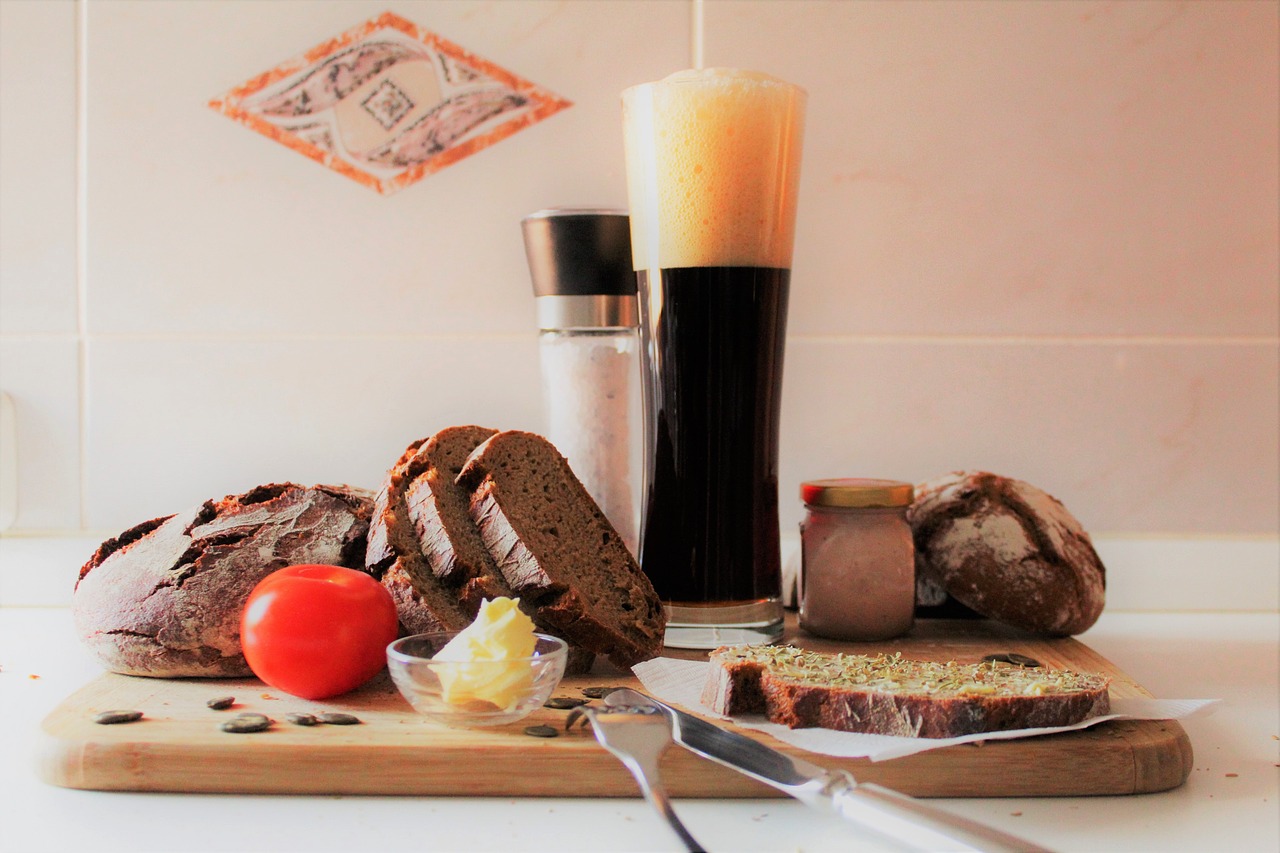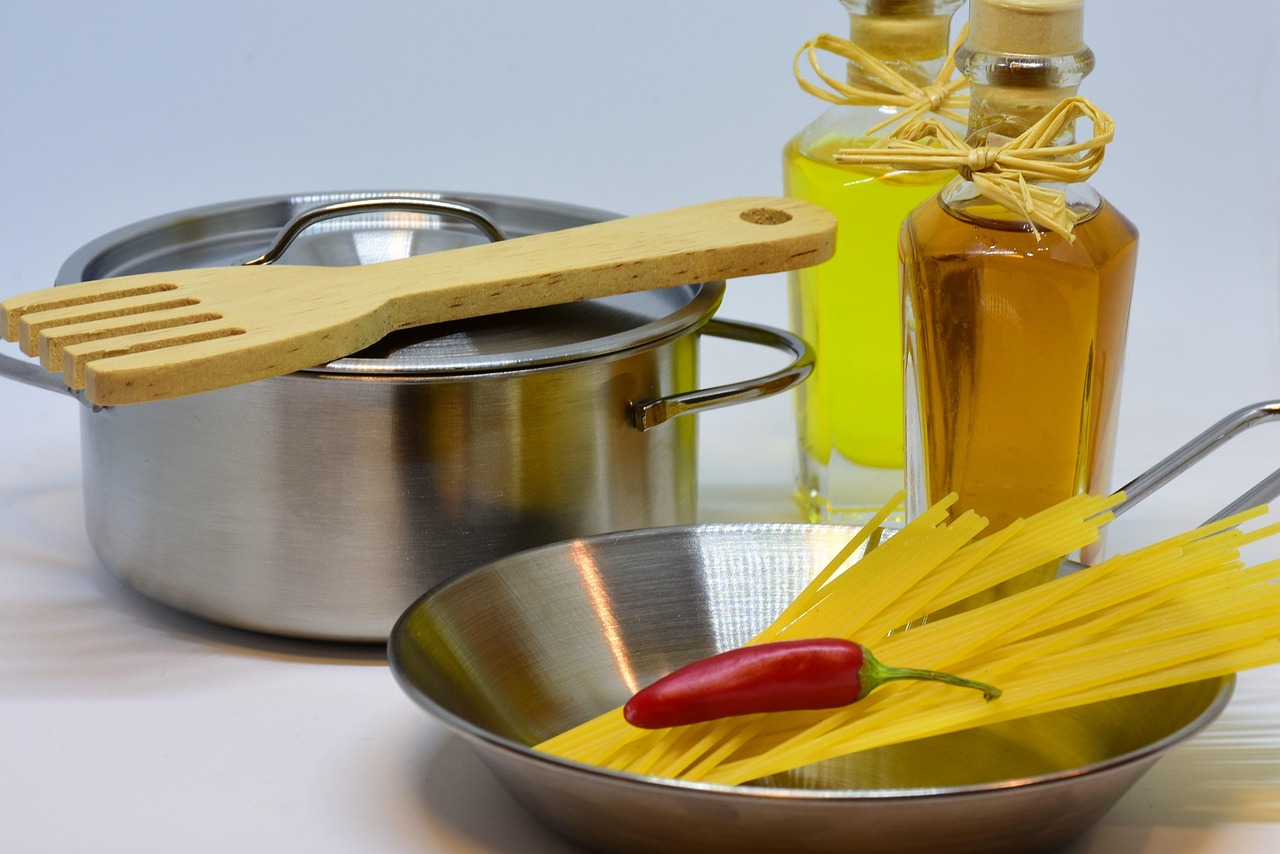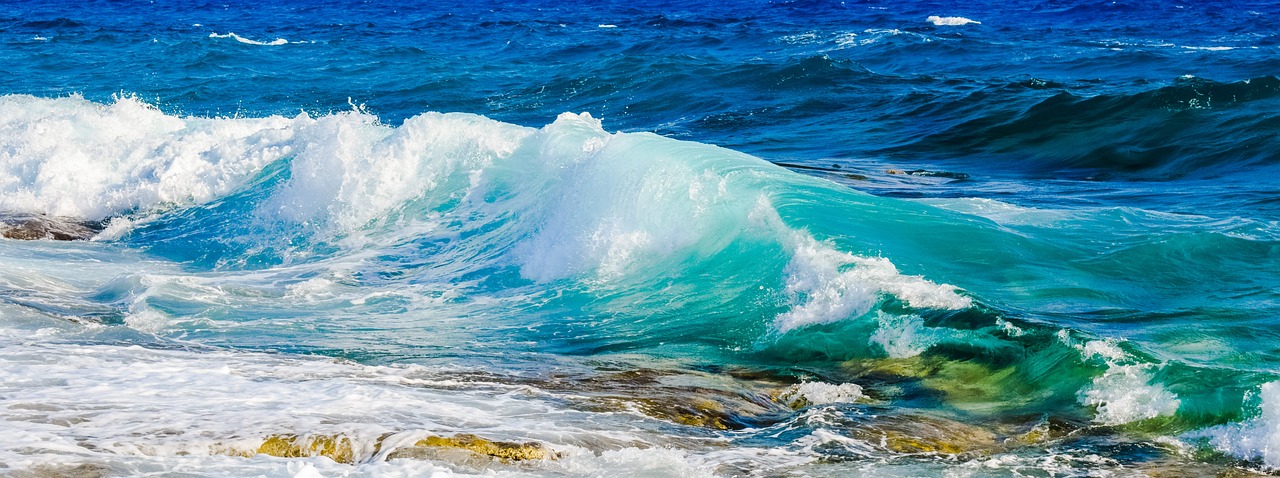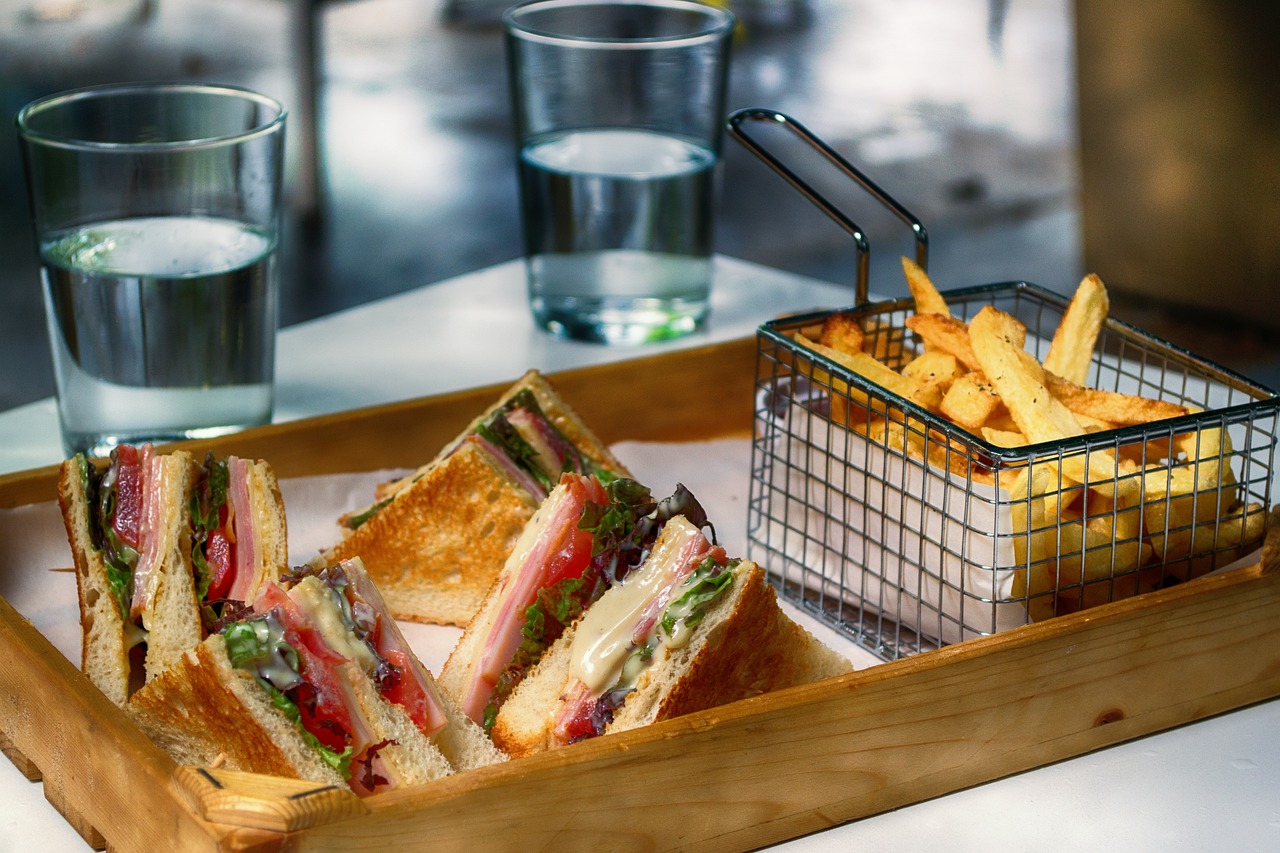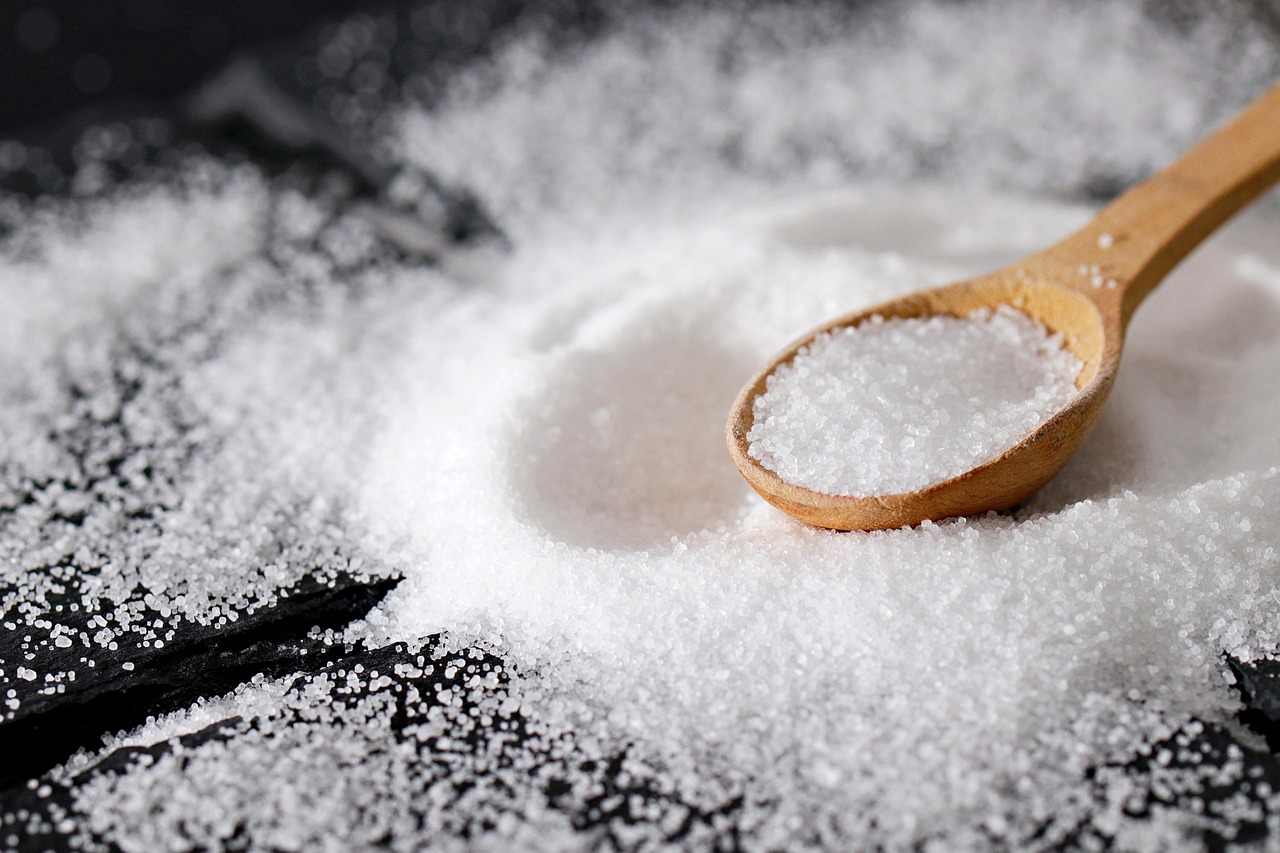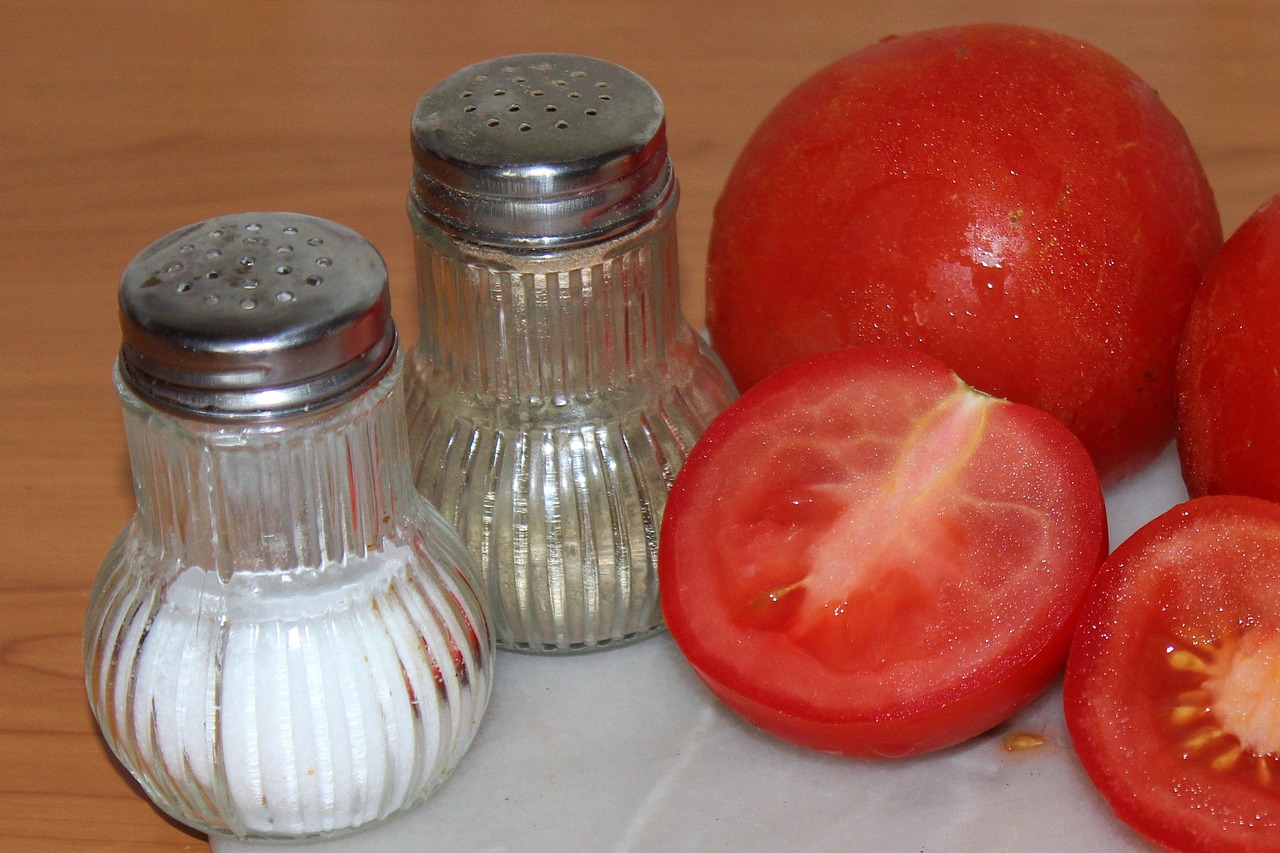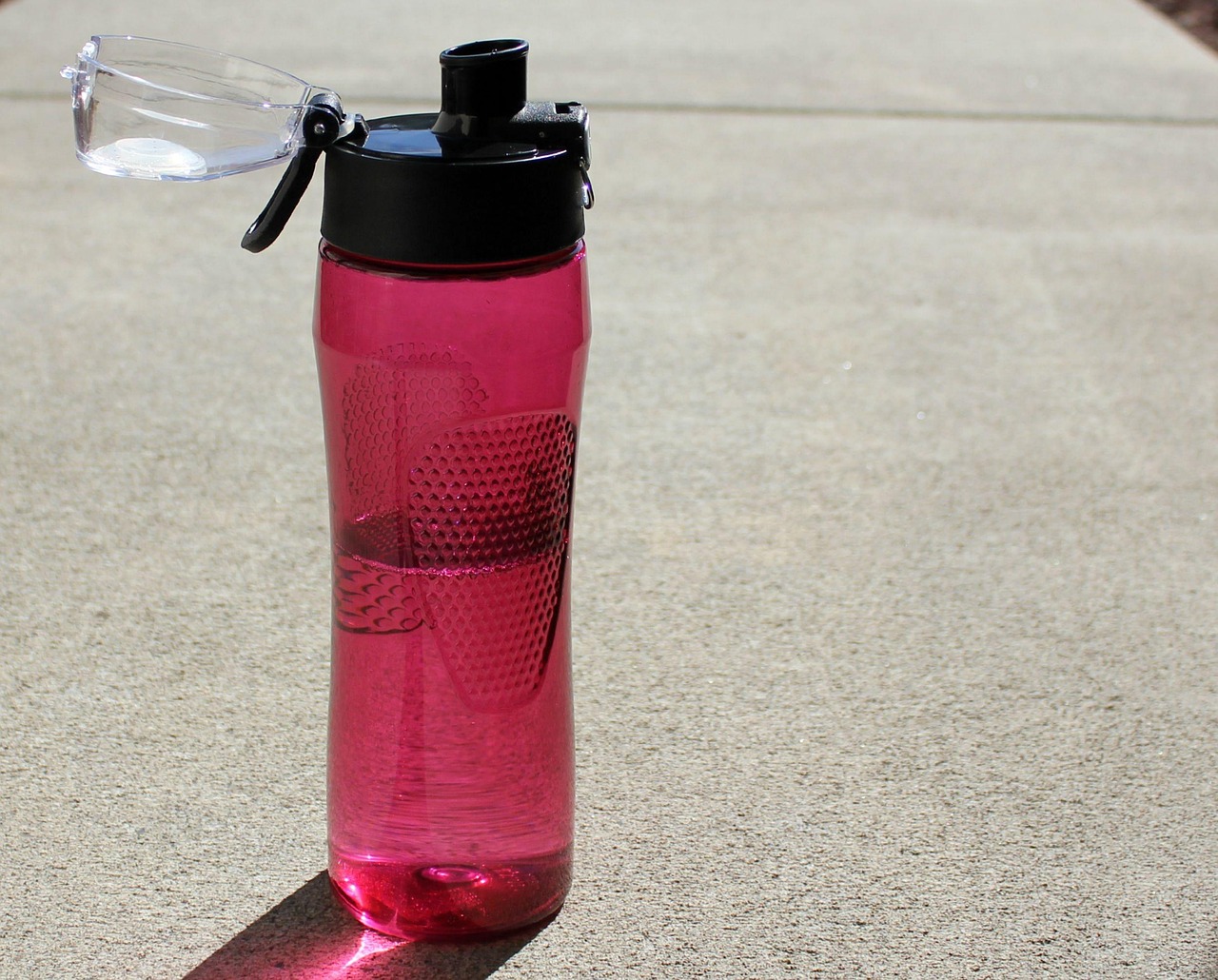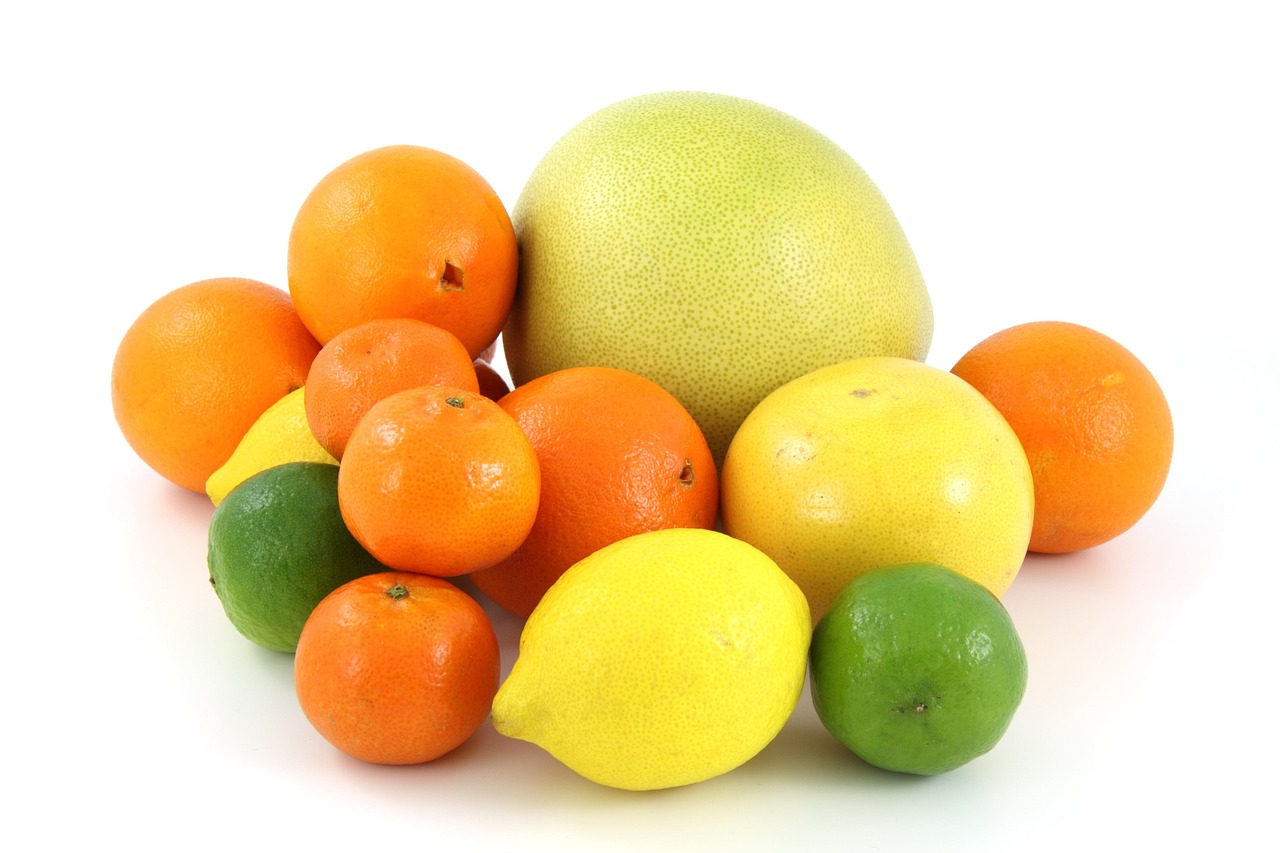This article delves into the scientific principles that govern the boiling of water when salt is added. It aims to debunk common myths while providing a clear understanding of how salt impacts the boiling point and overall cooking efficiency.
Understanding the Boiling Point of Water
The boiling point of water is the temperature at which it transitions from a liquid to a gas. Under standard atmospheric pressure, this temperature is typically 100 degrees Celsius (212 degrees Fahrenheit). However, several factors can influence this boiling point, including altitude and the presence of solutes like salt.
How Does Salt Affect Water’s Boiling Point?
When salt, or sodium chloride, is added to water, it leads to a phenomenon known as boiling point elevation. This occurs because the dissolved salt ions interfere with the ability of water molecules to escape into the gas phase, thereby requiring a higher temperature to achieve boiling.
The Science Behind Boiling Point Elevation
Boiling point elevation is classified as a colligative property, which means it depends on the number of solute particles in a solution rather than their identity. When salt dissolves in water, it separates into sodium and chloride ions, increasing the number of particles in the solution and thus elevating the boiling point.
Practical Implications of Salt in Cooking
Understanding the effects of salt on boiling water can significantly enhance cooking techniques. For instance, adding salt to water while cooking pasta not only elevates the boiling point but also enhances the flavor of the pasta itself.
Does Salt Make Water Boil Faster?
A prevalent misconception is that adding salt to water makes it boil faster. In reality, while salt does raise the boiling point, it also affects the time it takes for the water to reach that temperature. The added solute requires more energy input, which can lead to a longer heating time.
The Impact of Salt on Heating Time
When salt is introduced to water, the energy needed to bring the solution to a boil increases. This means that although the boiling point is elevated, the time it takes to reach that point may not be significantly reduced, and in some cases, it may take longer than boiling plain water.
When to Add Salt for Best Results
- For boiling pasta, add salt once the water is boiling to ensure maximum flavor absorption.
- For vegetables, adding salt before boiling can enhance color and texture.
Comparing Salt to Other Solutes
Salt is not the only solute that affects the boiling point of water. Other substances, such as sugar, can also influence boiling behavior, although their mechanisms differ.
Sugar vs. Salt: Boiling Point Effects
While both sugar and salt increase the boiling point of water, sugar does so through a different interaction. Sugar molecules dissolve and create a solution that behaves differently compared to ionic salts.
Other Common Cooking Additives
Ingredients like vinegar or baking soda can also alter boiling points. For instance, vinegar can lower the pH of the water, impacting how certain foods cook.
Key Takeaways About Salt and Boiling Water
In summary, while salt does elevate the boiling point of water, it does not necessarily make it boil faster. Understanding the science behind this can lead to better cooking practices and improved flavor in your dishes. By timing the addition of salt correctly and knowing its effects, you can enhance your culinary outcomes.
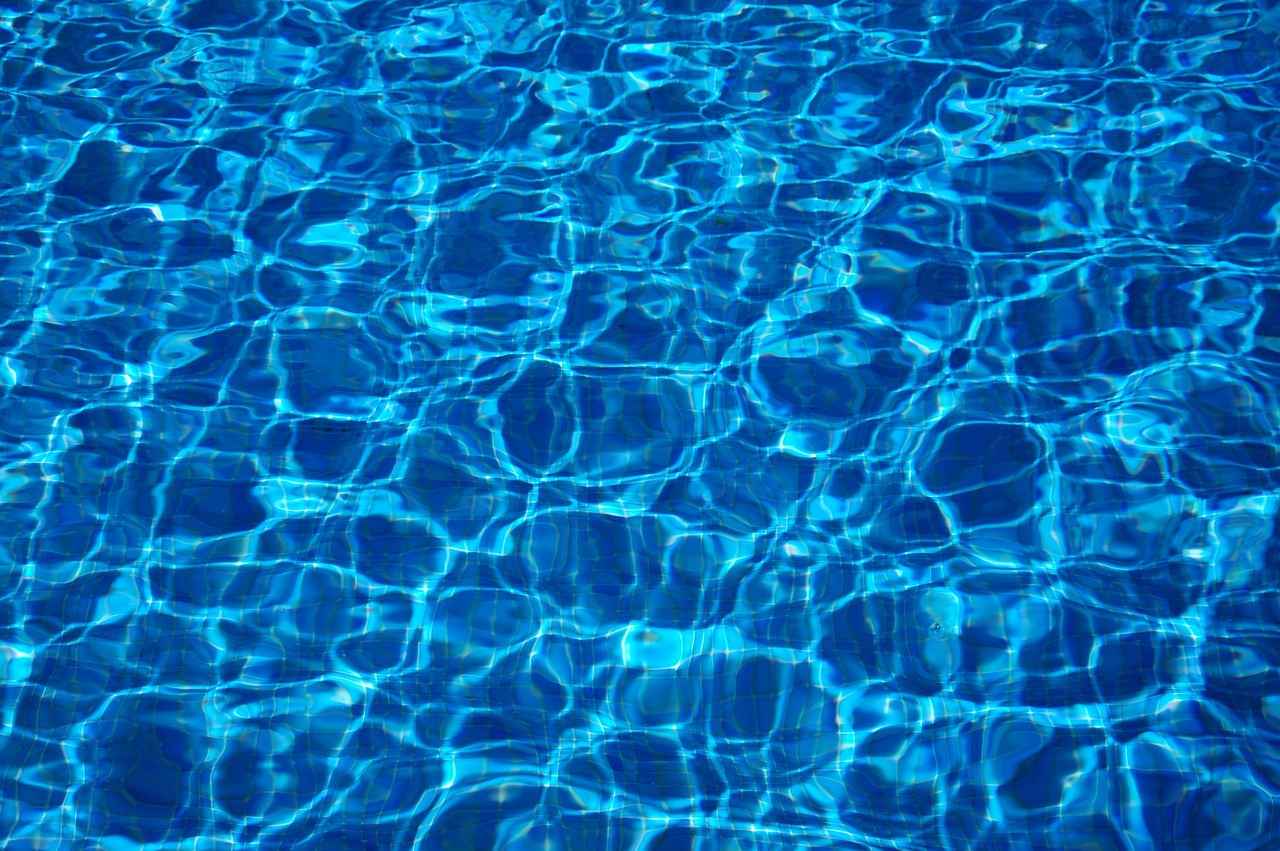
Understanding the Boiling Point of Water
The boiling point of water is a crucial concept in both cooking and chemistry, serving as a foundation for understanding various processes. At sea level, water typically boils at 100 degrees Celsius (212 degrees Fahrenheit), but this temperature can change based on several factors. This section delves into what the boiling point is, the science behind it, and the various elements that influence it.
The boiling point is defined as the temperature at which a liquid’s vapor pressure equals the surrounding atmospheric pressure. At this point, the liquid transitions into a gas, forming bubbles that rise to the surface. This transition is not merely a physical change; it is a thermodynamic phenomenon that reflects the energy dynamics within the liquid.
Several factors can affect the boiling point of water:
- Altitude: As altitude increases, atmospheric pressure decreases, leading to a lower boiling point. For instance, at higher elevations, water may boil at 95 degrees Celsius or lower.
- Impurities: The presence of solutes, such as salt or sugar, can elevate the boiling point, a phenomenon known as boiling point elevation. This occurs because solute particles disrupt the formation of vapor, requiring more energy (heat) to reach the boiling point.
- Pressure Cookers: These devices increase the pressure inside the cooking environment, allowing water to boil at temperatures exceeding 100 degrees Celsius. This method is effective for cooking food faster.
Understanding these factors is essential for both culinary applications and scientific experiments. For example, chefs often adjust cooking times and methods based on the boiling point of water, especially when cooking at high altitudes. Similarly, in laboratories, scientists must consider these variables when conducting experiments involving water.
In summary, the boiling point of water is not a fixed temperature but rather a dynamic value influenced by various environmental factors. Recognizing these influences allows for better control in cooking and a deeper understanding of physical chemistry.
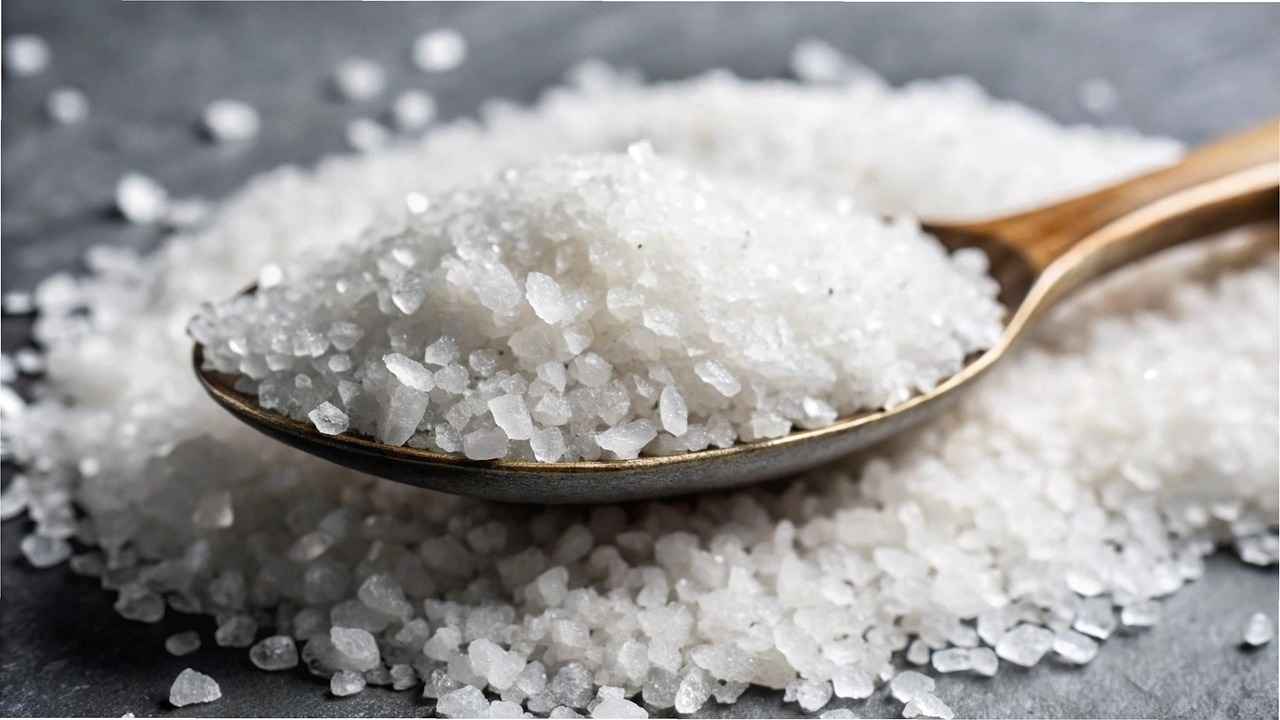
How Does Salt Affect Water’s Boiling Point?
When it comes to cooking, understanding the boiling point of water is essential. One common question that arises is how the addition of salt, or sodium chloride, influences this boiling point. This phenomenon, known as boiling point elevation, is a fascinating aspect of chemistry that has practical implications in the kitchen.
What is Boiling Point Elevation?
Boiling point elevation is a colligative property, which means it is dependent on the number of solute particles in a solution rather than the identity of the solute. When salt is added to water, it dissolves into sodium and chloride ions. This increase in particle concentration affects the energy required for the water to boil.
The Science Behind the Interaction
As salt dissolves, the sodium and chloride ions interact with water molecules. This interaction disrupts the normal hydrogen bonding that occurs between water molecules, requiring additional energy (in the form of heat) to reach the boiling point. In essence, the presence of salt means that water must be heated to a higher temperature before it can transition from liquid to gas.
Practical Implications in Cooking
Understanding the impact of salt on boiling water can significantly enhance cooking techniques. For instance, when boiling pasta, adding salt not only elevates the boiling point but also enhances the flavor of the pasta. However, it is essential to note that while salt increases the boiling point, it does not make the water boil faster. In fact, the time taken for the water to reach boiling can be slightly longer due to the increased temperature required.
Timing is Key
To maximize the benefits of adding salt to boiling water, timing is crucial. It is generally recommended to add salt once the water is already boiling. This practice ensures that the salt dissolves quickly and evenly, allowing for optimal flavor absorption in the food being cooked.
Comparative Analysis with Other Solutes
While salt is a common additive, it is not the only substance that affects the boiling point of water. Other solutes, such as sugar, also have an impact but in different ways. Sugar, when dissolved, does not dissociate into ions like salt does. Consequently, the mechanisms through which sugar influences boiling point elevation differ, leading to variances in cooking outcomes.
Other Common Cooking Additives
- Vinegar: Often used in cooking, vinegar can alter the boiling point due to its acetic acid content.
- Baking Soda: This ingredient can also affect boiling, particularly in baking, by creating a more alkaline environment.
Conclusion
In summary, the addition of salt to water plays a significant role in altering the boiling point through the process of boiling point elevation. Understanding this concept not only helps in achieving better cooking results but also demystifies a common culinary myth. By leveraging the science behind salt and boiling water, cooks can enhance both the flavor and texture of their dishes.
The Science Behind Boiling Point Elevation
When it comes to cooking, understanding the science behind boiling point elevation is essential for achieving optimal results. This phenomenon is crucial for anyone who wants to enhance their culinary skills or simply understand how ingredients interact in a cooking environment.
Boiling point elevation is classified as a colligative property, meaning it depends on the number of solute particles present in a solution rather than the type of solute. When salt, or sodium chloride, is added to water, it dissociates into its constituent ions: sodium (Na+) and chloride (Cl–). This dissociation has significant implications for the boiling point of the solution.
To understand how this works, we need to consider the interactions at the molecular level. Water molecules are polar and form hydrogen bonds with one another. When salt is introduced, the ions interact with the water molecules, disrupting these hydrogen bonds. This disruption requires additional energy to break these interactions during the heating process, effectively raising the temperature at which the solution will boil.
| Property | Effect of Salt |
|---|---|
| Boiling Point | Increases due to ion interaction |
| Cooking Efficiency | May improve flavor and texture |
This elevation of the boiling point has practical implications in cooking. For example, when boiling pasta in salted water, the higher boiling point can lead to better cooking results. The pasta absorbs water more effectively, which can enhance its flavor and texture.
- Colligative Properties: These properties include boiling point elevation, freezing point depression, vapor pressure lowering, and osmotic pressure.
- Energy Requirement: More energy is needed to reach the boiling point when solute particles are present.
- Molecular Interactions: The presence of ions alters the arrangement and movement of water molecules.
It is also essential to note that the extent of boiling point elevation is influenced by the concentration of salt in the water. A higher concentration of salt will result in a more significant elevation of the boiling point. This principle is not exclusive to salt; other solutes can also affect boiling points, though the degree of impact may vary.
In summary, the science behind boiling point elevation reveals that adding salt to water not only impacts the boiling point but also enhances the cooking process. Understanding these interactions can lead to better culinary practices and improved outcomes in the kitchen.
Colligative Properties Explained
Colligative properties are fascinating phenomena that arise when solutes are added to solvents, significantly altering their physical properties. One of the most well-known colligative properties is boiling point elevation. This property is crucial in both scientific and culinary contexts, as it helps to explain how solutes like salt can influence the boiling point of water.
When a solute is dissolved in a solvent, the boiling point of that solvent increases. This effect is primarily due to the interactions between the solute particles and the solvent molecules. In the case of water, adding salt (sodium chloride) causes it to dissociate into sodium and chloride ions. These ions interact with water molecules, disrupting their ability to escape into the vapor phase, which is essential for boiling.
To understand colligative properties better, we can look at the four main types:
- Boiling Point Elevation: The increase in boiling point when a solute is added.
- Freezing Point Depression: The lowering of the freezing point of a solvent when a solute is added.
- Vapor Pressure Lowering: The reduction in vapor pressure of a solvent due to the presence of a solute.
- Osmotic Pressure: The pressure required to stop the flow of solvent into a solution through a semipermeable membrane.
In cooking, understanding these properties can significantly enhance culinary techniques. For instance, when boiling pasta, adding salt not only elevates the boiling point of water but also enhances the flavor of the food. This is particularly important when cooking starchy foods, as the salt helps to improve the overall taste and texture.
Moreover, the extent of boiling point elevation depends on the concentration of the solute. The more solute particles present, the greater the elevation of the boiling point. This principle is governed by the formula:
ΔT_b i * K_b * m
Where:
- ΔT_b: Boiling point elevation
- i: Van ‘t Hoff factor (number of particles the solute breaks into)
- K_b: Boiling point elevation constant for the solvent
- m: Molality of the solution
In practical terms, this means that adding a small amount of salt can have a noticeable effect on the boiling point of water, which can be beneficial in various cooking scenarios. However, it is essential to note that while salt does raise the boiling point, it does not make water boil faster. Instead, it requires more energy (heat) to reach the elevated boiling point.
In conclusion, understanding colligative properties such as boiling point elevation is crucial for both scientific inquiry and practical cooking. By recognizing how solutes like salt interact with water, cooks can optimize their techniques to achieve better results in their culinary endeavors.
Why Salt Raises the Boiling Point
When we add salt to water, we often wonder about its effects on the boiling process. Many people believe that salt can help water boil faster, but the truth is more complex. Understanding why salt raises the boiling point of water involves delving into the science of ionic dissociation and molecular interactions.
When salt, or sodium chloride, dissolves in water, it breaks down into its constituent ions: sodium (Na+) and chloride (Cl–). This process is known as dissociation. The presence of these ions in the water creates a solution that alters the physical properties of the water, particularly its boiling point.
The phenomenon that describes the increase in boiling point due to the addition of a solute like salt is called boiling point elevation. This is a colligative property, which means it depends on the number of solute particles in a solution rather than their identity. The more salt that is added, the more ions are present in the water, which leads to a greater elevation of the boiling point.
To understand how this works, we need to consider the interaction between water molecules and the ions from the dissolved salt. Water molecules are polar, meaning they have a positive and a negative side. When salt dissolves, the Na+ ions are attracted to the negative side of the water molecules, while the Cl– ions are attracted to the positive side. This interaction creates a network of ion-water molecule interactions that requires additional energy to break apart during the heating process.
As a result, more energy is needed to raise the temperature of the solution to its boiling point compared to pure water. This is why adding salt to water raises the boiling point, making it necessary to reach a higher temperature for the water to boil.
In practical terms, this means that while salt does not make water boil faster, it does change the temperature at which the water will boil. For cooks, this is an essential consideration when preparing dishes that require boiling, such as pasta or vegetables. By understanding how salt affects boiling, you can make informed decisions about when to add it during cooking.
Moreover, the timing of salt addition can also influence the cooking process. For example, adding salt at the beginning of boiling can enhance the flavor of the food being cooked, while adding it later can alter the texture. Being mindful of these factors can lead to better culinary results.
In conclusion, the relationship between salt and boiling water is a fascinating example of chemistry in action. While it may not speed up the boiling process, salt’s ability to raise the boiling point is a crucial aspect of cooking that can enhance flavor and texture when used correctly. Understanding this science allows cooks to optimize their methods and achieve delicious results.
Practical Implications of Salt in Cooking
Salt is not just a seasoning; it plays a crucial role in the cooking process, particularly when it comes to boiling water. Understanding the practical implications of adding salt can significantly enhance your culinary techniques. This section delves into how and when to incorporate salt into your cooking, ensuring optimal flavor and texture in various dishes.
Enhancing Flavor Through Salt Addition
One of the most well-known benefits of adding salt to boiling water is its ability to enhance flavor. When cooking pasta or vegetables, adding salt to the water ensures that the food absorbs some of the salt, resulting in a more flavorful dish. This absorption occurs because salt ions penetrate the food, seasoning it from within rather than just on the surface.
Timing is Everything
Knowing when to add salt is essential for achieving the best results. For instance, adding salt to water before it reaches a boil can help the water heat more evenly. However, it’s important to remember that adding salt too early can lead to a longer heating time due to the increased boiling point. Therefore, it’s often best to wait until the water is boiling before adding salt, especially for pasta, to ensure it cooks evenly and absorbs the salt effectively.
Salt and Cooking Techniques
- Boiling Vegetables: When boiling vegetables like potatoes or green beans, adding salt not only enhances flavor but also helps maintain vibrant colors and nutrients. Salt can help vegetables retain their firmness, preventing them from becoming mushy.
- Pasta Cooking: For pasta, the general rule is to add enough salt to make the water taste like the sea. This ensures that the pasta is well-seasoned throughout the cooking process, resulting in a more flavorful final dish.
- Rice Preparation: When cooking rice, adding salt to the water can enhance its flavor and help achieve the desired texture. It’s advisable to add salt after the water has boiled to prevent the grains from becoming too sticky.
Salt’s Role in Boiling Point Elevation
As previously discussed, adding salt to water raises its boiling point, a phenomenon known as boiling point elevation. While this may seem counterintuitive, it can be beneficial in certain cooking scenarios. For example, when preparing foods that require a high boiling temperature, such as certain types of seafood, the elevated boiling point can help cook the food more thoroughly without overcooking it.
Other Considerations
While salt is a powerful tool in the kitchen, it’s important to consider the overall sodium content of your meal. For individuals monitoring their salt intake, it may be wise to adjust the amount of salt used in cooking water. Additionally, experimenting with different types of salt, such as kosher salt or sea salt, can yield varying flavors and textures in your dishes.
Conclusion
In summary, understanding the practical implications of adding salt to boiling water can greatly enhance your cooking techniques. From improving flavor to affecting cooking times, salt is a versatile ingredient that, when used correctly, can elevate your culinary creations. By mastering the timing and quantity of salt, you can ensure that your dishes are not only delicious but also perfectly cooked.
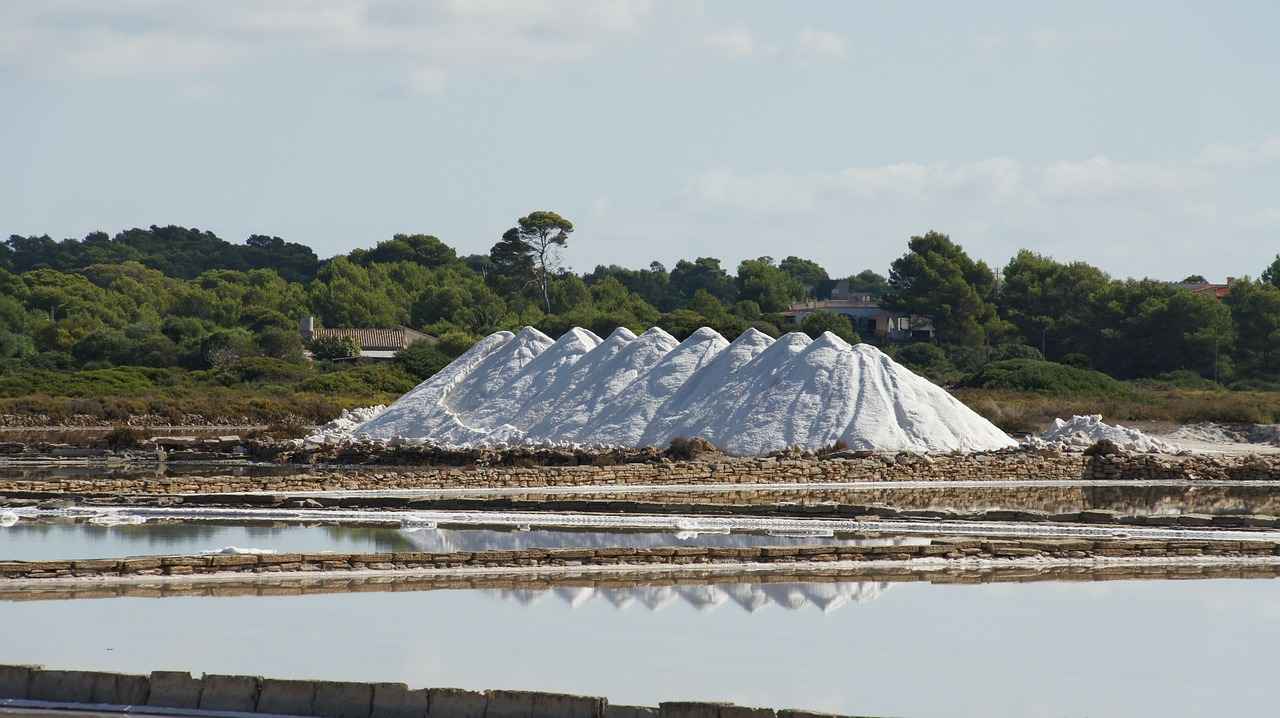
Does Salt Make Water Boil Faster?
A common misconception is that adding salt to water will make it boil faster. This belief is widespread and often leads to confusion in the kitchen. In reality, the science behind boiling water and the effects of salt are more complex than they may seem. This section aims to clarify this myth and explain the underlying principles that contribute to this misunderstanding.
When salt (sodium chloride) is added to water, it dissolves and dissociates into sodium and chloride ions. This process alters the physical properties of the water, particularly its boiling point. The phenomenon known as boiling point elevation occurs, which means that the boiling point of the solution is higher than that of pure water. While this might suggest that adding salt could speed up boiling, it actually does the opposite.
To understand why, we need to consider the concept of colligative properties. These properties depend on the number of solute particles in a solution rather than the type of particles. When salt is introduced to water, it increases the number of solute particles, which in turn raises the boiling point. Therefore, more energy (in the form of heat) is required to reach this elevated boiling point, effectively slowing down the time it takes for water to boil.
Moreover, the impact of salt on the heating time of water can be misleading. While it is true that the addition of salt raises the boiling point, the initial heating time can be affected by other factors such as the heat source, the amount of water, and the type of pot used. For instance, if you heat a pot of water with salt added, it may take slightly longer for the water to reach its boiling point compared to plain water. However, many cooks report that adding salt enhances the overall cooking process, particularly when preparing pasta or vegetables, as it can improve flavor and texture.
- Timing is Key: For optimal results, it’s best to add salt to the water just before it reaches a boil. This way, you can take advantage of the boiling process without significantly delaying the time it takes for the water to start boiling.
- Quantity Matters: The amount of salt added can also influence the boiling point. A small pinch may have a negligible effect, while larger amounts will noticeably raise the boiling point.
In conclusion, while the addition of salt does not make water boil faster, it plays a crucial role in enhancing the cooking process. Understanding the science behind boiling point elevation can help you make informed decisions in the kitchen. Remember, the key is to balance the benefits of flavor enhancement with the practical considerations of cooking times.
The Impact of Salt on Heating Time
When it comes to cooking, the role of salt extends beyond just enhancing flavor. A common question arises: Does adding salt to water help it boil faster? While many believe that salt expedites the boiling process, the reality is more nuanced. This section delves into the impact of salt on heating time, providing a clear understanding of the balance between boiling point elevation and the time required for water to reach that temperature.
Understanding Boiling Point Elevation
Salt, when dissolved in water, causes a phenomenon known as boiling point elevation. This occurs because the presence of solute particles, such as sodium and chloride ions, disrupts the formation of water’s vapor bubbles. As a result, more heat energy is necessary to achieve the boiling point. The boiling point of pure water is typically 100°C (212°F) at sea level, but adding salt can raise this temperature.
Heating Time vs. Boiling Point
While salt increases the boiling point, it also influences how quickly water heats up. The added solute particles require additional energy to overcome the interactions between water molecules. Thus, the time it takes for water to reach its boiling point may actually increase when salt is added. This is particularly relevant when cooking pasta or vegetables, where timing is crucial for achieving the desired texture.
Practical Implications in Cooking
- Timing Matters: If you add salt to water before it starts boiling, you may inadvertently extend the time it takes to reach the boiling point.
- Optimal Salt Addition: For best results, consider adding salt once the water is already boiling. This approach minimizes the impact on heating time while still allowing you to benefit from the flavor enhancement.
- Cooking Techniques: Understanding the science behind salt’s effect on boiling can help you refine your cooking techniques, ensuring that your dishes are both flavorful and properly cooked.
Conclusion
In summary, while salt does raise the boiling point of water, it also affects the time it takes for water to reach that elevated temperature. This intricate balance is essential for home cooks to understand, as it can significantly impact cooking efficiency and food quality. By timing the addition of salt correctly, you can optimize your cooking process, achieving delicious results without unnecessary delays.
When to Add Salt for Best Results
When it comes to cooking, the timing of adding salt can significantly influence the flavor and texture of your dishes. Many home cooks often wonder when the best moment is to introduce this essential ingredient into their cooking process. This section will provide you with valuable tips to ensure that you achieve optimal results in your culinary endeavors.
One of the most common practices is to add salt to boiling water before cooking pasta, vegetables, or grains. The general recommendation is to add salt once the water has reached a rolling boil. This method allows the salt to dissolve quickly and evenly, enhancing the overall taste of the food. A good rule of thumb is to use about 1-2 tablespoons of salt per gallon of water, depending on your taste preference.
However, it’s not just about when to add salt; the type of salt you use can also affect the outcome. Kosher salt is often preferred in cooking due to its larger grains, which dissolve more slowly and provide a more controlled salting process. In contrast, table salt is more finely ground and can lead to over-salting if not measured carefully.
For certain dishes, adding salt during the cooking process can enhance the overall flavor profile. For instance, when preparing soups or stews, adding salt early allows it to penetrate the ingredients, resulting in a more robust flavor. Conversely, seasoning towards the end of cooking can help maintain the freshness of herbs and spices, preventing them from becoming muted.
Another important consideration is the type of food you are cooking. For vegetables, adding salt to the water can help to retain their vibrant color and crisp texture. On the other hand, when cooking meat, salting ahead of time can aid in moisture retention and flavor absorption. This method, known as dry brining, allows the salt to draw out moisture, which then gets reabsorbed, resulting in a juicier final product.
It’s also essential to consider the cooking method. For example, when roasting or grilling, it’s often beneficial to salt your protein in advance. This not only enhances the flavor but also aids in creating a delicious crust. In contrast, when boiling or steaming, adding salt to the water is the most effective approach.
To summarize, the timing of when to add salt can dramatically affect your cooking results. Here’s a quick reference guide:
- Boiling Water: Add salt when the water is at a rolling boil for pasta and grains.
- Soups and Stews: Add salt early in the cooking process for deeper flavor.
- Vegetables: Salt boiling water to maintain color and texture.
- Meat: Salt in advance for moisture retention and flavor enhancement.
- Roasting/Grilling: Season your protein ahead of time for better crust and flavor.
Ultimately, understanding the optimal timing for adding salt can lead to more flavorful and well-textured dishes. Experiment with these tips to find what works best for your cooking style and personal taste preferences.
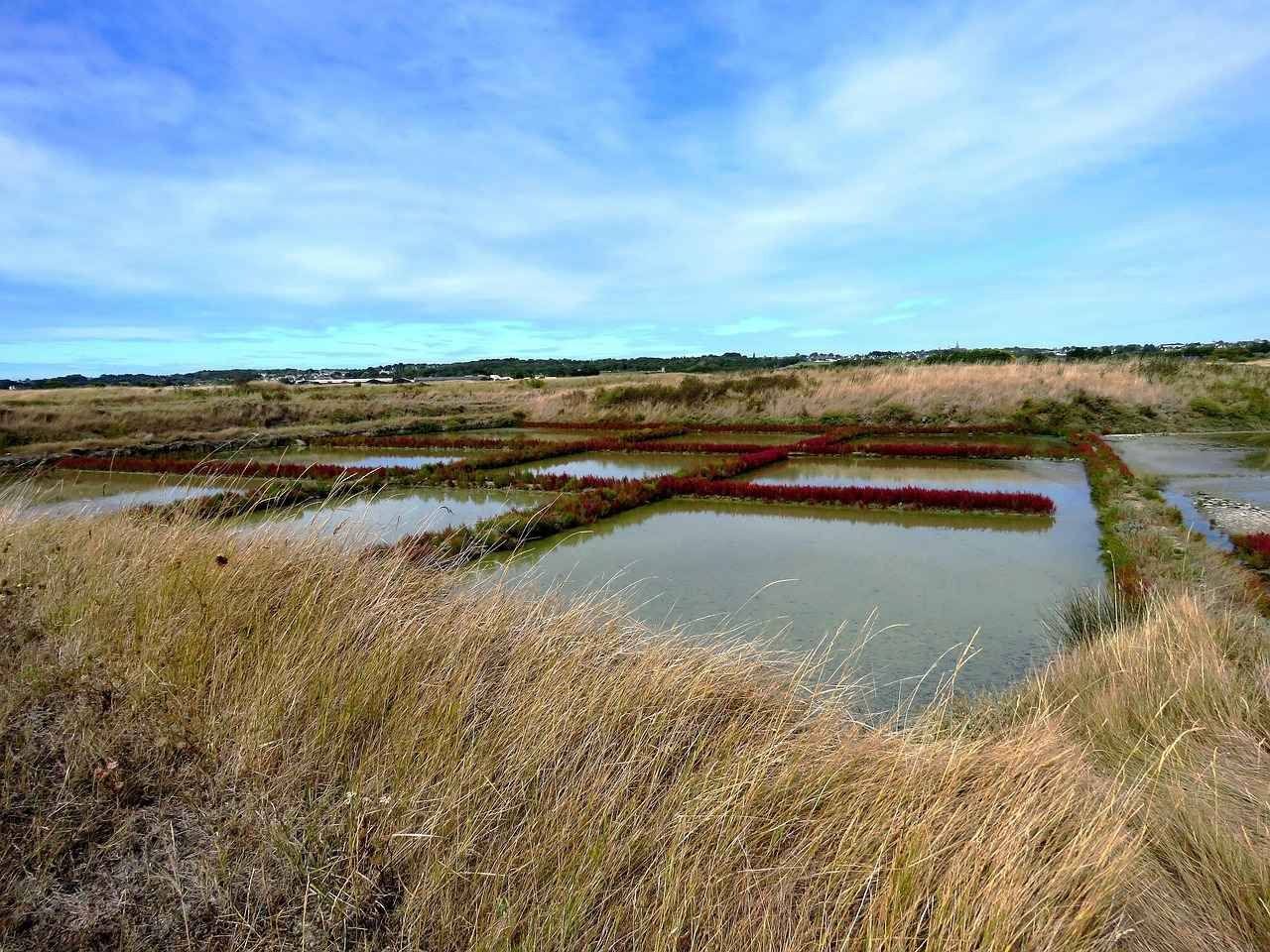
Comparing Salt to Other Solutes
When it comes to cooking, many people often think of salt as the primary additive that affects the boiling point of water. However, it is essential to recognize that salt is not the only solute that plays a role in altering boiling points. Other substances, such as sugar and various cooking additives, can also impact how water behaves when heated. This section will delve into the differences between salt and other solutes, particularly focusing on sugar and some common cooking ingredients.
Sugar vs. Salt: Boiling Point Effects
Both sugar (sucrose) and salt (sodium chloride) can influence the boiling point of water, but they do so through different mechanisms. When salt dissolves in water, it dissociates into sodium and chloride ions. This dissociation increases the number of solute particles in the solution, leading to a phenomenon known as boiling point elevation. In contrast, sugar dissolves without breaking into ions; it remains as whole molecules. While sugar also contributes to boiling point elevation, the effect is generally less pronounced than that of salt due to the difference in the number of particles produced in solution.
How Sugar Affects Boiling Water
When sugar is added to boiling water, it increases the boiling point, but the extent of this increase is typically lower than that of salt. The reason lies in the colligative properties of the solute. Since sugar does not dissociate into multiple ions, it provides fewer particles to interfere with the formation of vapor bubbles, which is essential for boiling. Thus, while sugar can raise the boiling point, it does so to a lesser degree compared to salt.
Other Common Cooking Additives
Aside from salt and sugar, several other common cooking additives can alter the boiling point of water. For instance:
- Vinegar: When added to water, vinegar (acetic acid) can also raise the boiling point, but its effect is minimal compared to salt.
- Baking Soda: Sodium bicarbonate can affect the boiling point as well, primarily by changing the pH of the solution, which can influence cooking outcomes.
- Alcohol: Adding alcohol to water can lower the boiling point due to its own lower boiling point, which can lead to faster evaporation.
Comparative Analysis of Boiling Point Elevation
To illustrate the differences in boiling point elevation among these solutes, consider the following table:
| Solute | Boiling Point Elevation Effect |
|---|---|
| Salt (Sodium Chloride) | Significant elevation due to ion dissociation |
| Sugar (Sucrose) | Moderate elevation, less effective than salt |
| Vinegar (Acetic Acid) | Minimal elevation |
| Baking Soda (Sodium Bicarbonate) | Variable effect based on pH changes |
| Alcohol | Reduces boiling point |
In summary, while salt is a well-known solute that affects the boiling point of water, it is crucial to understand that other substances like sugar, vinegar, and baking soda also play a role, albeit in different ways. Understanding these differences can help home cooks make informed decisions about their cooking techniques and enhance their culinary results.
Sugar vs. Salt: Boiling Point Effects
In the world of cooking, understanding the effects of different solutes on boiling water can enhance both flavor and efficiency. Among the most common solutes are sugar and salt, both of which influence the boiling point of water, but through distinct mechanisms. This section delves into the comparative effects of these two substances on boiling behavior, shedding light on their unique properties.
When it comes to boiling point elevation, both sugar (sucrose) and salt (sodium chloride) play significant roles, but they do so in different ways. The phenomenon of boiling point elevation is classified as a colligative property, which means it depends on the number of solute particles in a solution rather than their specific identity.
Salt dissociates into two ions, sodium (Na+) and chloride (Cl–), when it dissolves in water. This dissociation increases the number of solute particles in the solution, leading to a greater elevation in the boiling point. The presence of these ions disrupts the ability of water molecules to escape into the vapor phase, thus requiring more energy (in the form of heat) to reach the boiling point. This effect is particularly pronounced in saline solutions, making them ideal for various culinary applications.
On the other hand, sugar does not dissociate into ions; it remains as intact molecules in solution. While sugar does contribute to boiling point elevation, the effect is less pronounced than that of salt due to the lower number of particles produced when dissolved. Specifically, one molecule of sucrose contributes one particle to the solution, compared to salt, which contributes two. This difference in particle count is crucial when considering how much each solute can raise the boiling point of water.
| Property | Salt (NaCl) | Sugar (C12H22O11) |
|---|---|---|
| Dissociation | Yes (into Na+ and Cl–) | No (remains as whole molecules) |
| Number of Particles | 2 particles per formula unit | 1 particle per formula unit |
| Impact on Boiling Point | Higher elevation | Lower elevation |
This distinction is not just academic; it has practical implications in the kitchen. For instance, when boiling pasta or vegetables, adding salt not only enhances flavor but also increases the water’s boiling point, potentially cooking food more efficiently. Conversely, adding sugar to boiling water, such as when preparing syrups or sweetening beverages, will not achieve the same effect in terms of boiling point elevation.
In summary, while both sugar and salt affect the boiling point of water, their mechanisms and the extent of their impact differ significantly. Understanding these differences allows cooks to make informed decisions about how to use these ingredients effectively in their culinary practices.
Other Common Cooking Additives
When it comes to cooking, many people are aware of the effects of salt and sugar on boiling water, but other common additives can also play a significant role in altering boiling points. This section delves into the interactions of ingredients like vinegar and baking soda with water, showcasing their unique properties and effects.
Vinegar, primarily composed of acetic acid, is often used in cooking for its flavor-enhancing properties. However, it also has a notable effect on the boiling point of water. When vinegar is added to water, it increases the acidity of the solution, which can lead to a lower boiling point than pure water. This phenomenon occurs due to the presence of acetic acid molecules that disrupt the hydrogen bonding between water molecules, making it easier for them to escape into the vapor phase.
Baking soda, or sodium bicarbonate, is another common kitchen ingredient that affects boiling points. When dissolved in water, baking soda increases the pH of the solution, making it more alkaline. This change can also influence the boiling point, although the effect is less pronounced than that of salt. The presence of bicarbonate ions can lead to a slight elevation in the boiling point due to the interaction with water molecules, requiring more energy to reach boiling.
| Additive | Effect on Boiling Point | Mechanism |
|---|---|---|
| Salt (Sodium Chloride) | Raises boiling point | Dissociates into ions, requiring more energy |
| Vinegar (Acetic Acid) | Can lower boiling point | Disrupts hydrogen bonding |
| Baking Soda (Sodium Bicarbonate) | May slightly raise boiling point | Increases alkalinity, affecting molecular interactions |
In addition to vinegar and baking soda, several other cooking additives can influence boiling points. For instance, alcohol can lower the boiling point of water due to its lower molecular weight and volatility. Similarly, sugar, while it raises the boiling point, does so differently from salt, as it does not dissociate into ions.
- Alcohol: Lowers boiling point due to volatility.
- Sugar: Raises boiling point but with different mechanisms than salt.
- Herbs and Spices: While not significantly affecting the boiling point, they can influence flavor and cooking times.
Understanding how these additives interact with water not only enhances cooking techniques but also helps in achieving desired outcomes in flavor and texture. By experimenting with different ingredients, cooks can discover the best combinations for their culinary creations.

Conclusion: Key Takeaways About Salt and Boiling Water
In this article, we have delved into the intriguing relationship between salt and the boiling of water, uncovering various scientific principles that govern this common cooking practice. The key takeaways from our discussion highlight both the effects of salt on boiling point and practical cooking advice that can enhance your culinary skills.
- Boiling Point Basics: The boiling point of water is typically 100°C (212°F) at sea level. However, this temperature can change based on several factors, including atmospheric pressure and the presence of solutes like salt.
- Boiling Point Elevation: When salt is added to water, it causes a phenomenon known as boiling point elevation. This means that the boiling point of the saltwater solution will be higher than that of pure water.
- Colligative Properties: Boiling point elevation is classified as a colligative property, which is influenced by the number of solute particles in a solution rather than their identity. This is critical in understanding how salt interacts with water.
- Energy Requirements: The dissociation of salt into sodium and chloride ions in water requires additional energy to reach the boiling point, thereby increasing the temperature needed for boiling.
- Cooking Techniques: Knowing how and when to add salt can significantly influence the flavor and texture of your dishes. It is often recommended to add salt to boiling water before cooking pasta or vegetables to enhance their taste.
- Myth Busting: A common misconception is that adding salt will make water boil faster. While salt does elevate the boiling point, it may actually take longer for the water to reach that elevated temperature.
- Optimal Timing: For the best results, consider adding salt to the water just before it reaches a rolling boil. This helps to maximize flavor absorption and improve the overall cooking process.
- Comparison with Other Solutes: Salt is not the only substance that can affect boiling points. Other solutes, such as sugar and vinegar, also have unique effects on water’s boiling behavior, which can be useful in various culinary applications.
In summary, understanding the relationship between salt and boiling water is essential for any cook looking to enhance their culinary prowess. By recognizing how salt affects boiling points and applying this knowledge in practical cooking scenarios, you can achieve better flavor and texture in your dishes. This comprehensive insight into the science of cooking not only debunks common myths but also provides you with the tools to make informed decisions in the kitchen.
Frequently Asked Questions
- Does adding salt to water make it boil faster?
No, adding salt actually raises the boiling point of water, which means it may take longer for the water to reach that temperature. It’s a common myth that salt speeds up the boiling process.
- What is boiling point elevation?
Boiling point elevation is a phenomenon where the boiling point of a liquid increases when a solute, like salt, is added. This happens because the solute particles disrupt the ability of the solvent molecules to escape into the vapor phase.
- When is the best time to add salt to boiling water?
The best time to add salt is once the water is boiling. This helps to enhance the flavor of the food being cooked without significantly affecting the boiling time.
- Can other substances affect boiling point like salt?
Yes, other substances like sugar or baking soda can also affect the boiling point of water, but they do so in different ways. For instance, sugar raises the boiling point but not as significantly as salt.
- Why is salt used in cooking if it raises boiling point?
Salt enhances the flavor of food and can improve the texture of certain dishes. Its ability to raise the boiling point is just a side effect that can be managed with proper cooking techniques.
